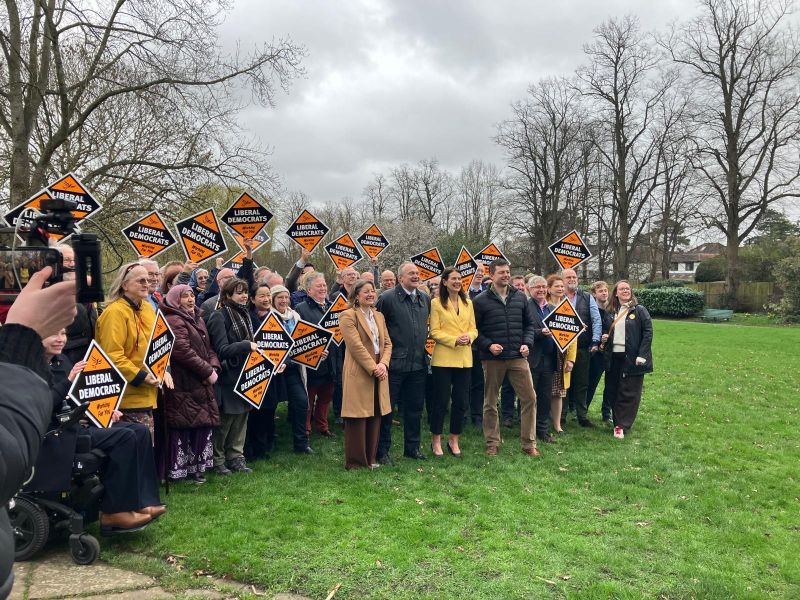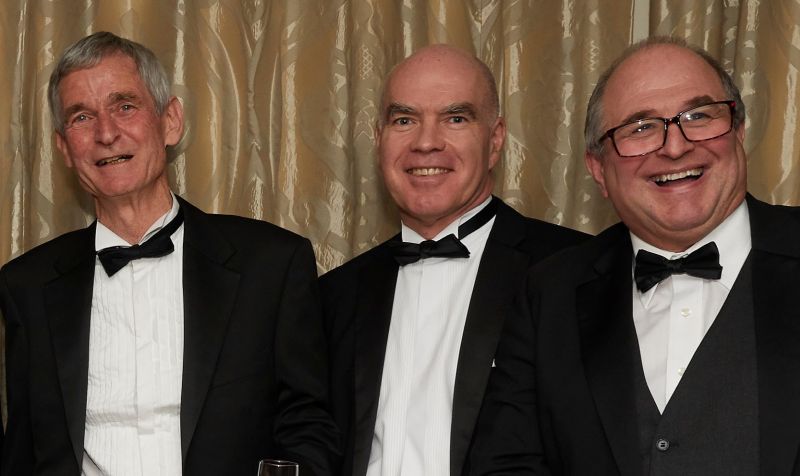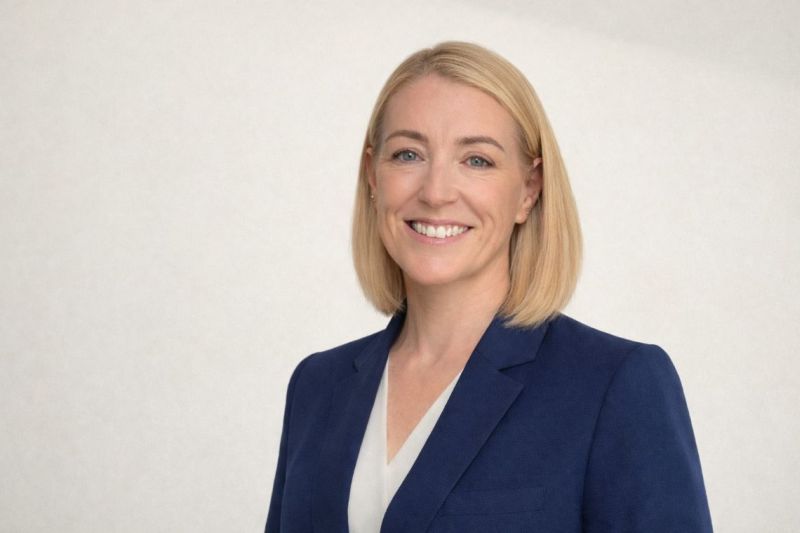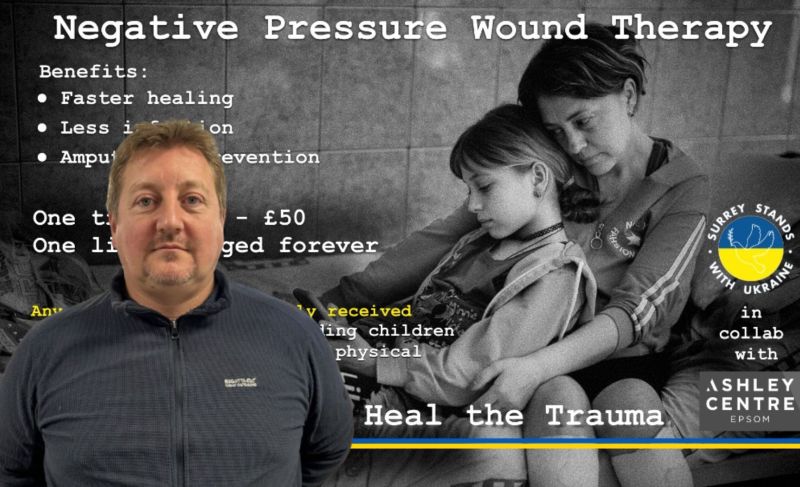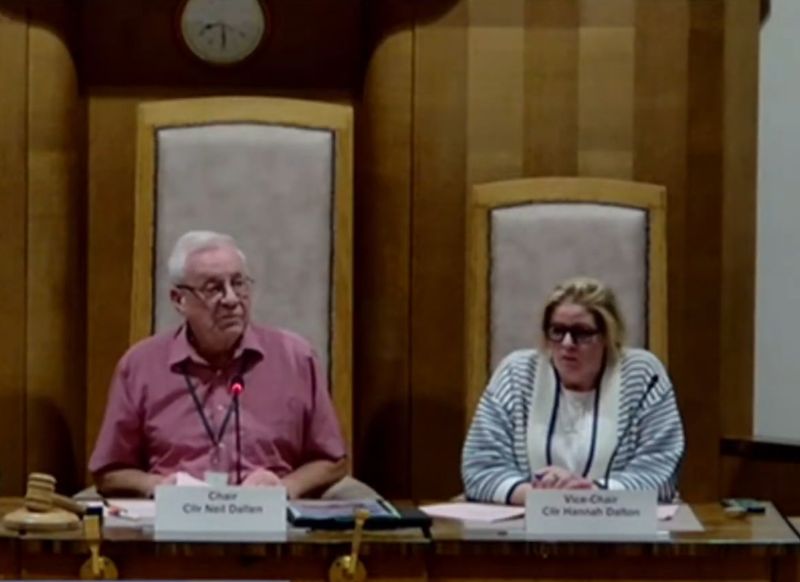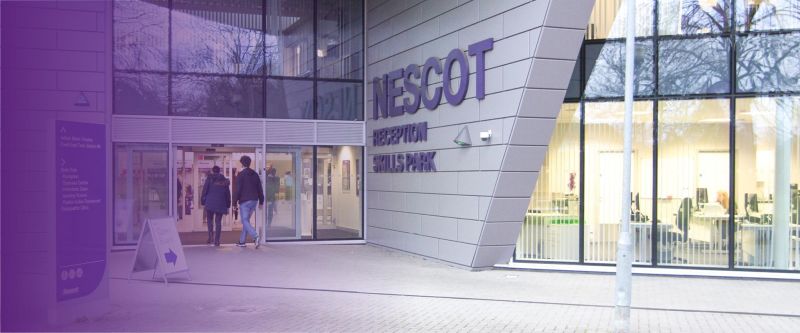Coursera & NESCOT to enhance further education
Coursera Inc., a global online learning platform, has announced that it is partnering with North East Surrey College of Technology (NESCOT), to both enhance and expand teaching delivery, and to prepare the college’s 9000 students for in-demand careers in the digital economy.
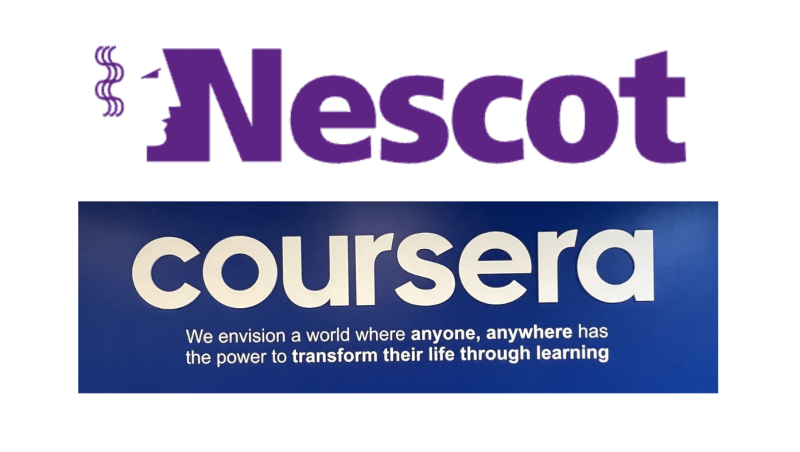
With NESCOT being a partner in the new Coast to Capital region’s Institutes of Technology, access to Coursera will support the college’s aim to deliver a wider range of advanced technical qualifications and higher education courses. NESCOT’s staff will have access to the full Coursera catalogue, including 22 entry-level professional certificates offered by Google, IBM, Meta, and other leading industry partners. The partnership will thereby create additional opportunities for NESCOT’s staff to develop the skills needed to deliver courses on high-demand technologies including AI, data science, engineering and software development.
Coursera is doubling down on its efforts to support the nation’s further education strategy, with the UK government increasingly investing in its new T Levels programme, and with participation in adult government-funded further education having increased by 4.6% over the past year.
The partnership with NESCOT builds upon Coursera’s relationship with the TEC Partnership, one of England’s largest providers of further and technical education, to expand its contribution to the UK’s further and higher education sector. It will do so by filling curriculum gaps, expanding NESCOT’s provision of job-aligned vocational courses, and bridging the gap between student skills and employer needs.
By empowering faculty professional development and bridging this gap, Coursera and NESCOT seek to narrow the UK’s technology and data science skills gaps. The 2022 Global Skills Report, released in June by Coursera, found that the United Kingdom’s technology skills proficiency continues to lag behind a majority of European nations, ranking 42nd globally for technology skills, and 24th among the 33 European nations indexed in the report.
Anthony Tattersall, Vice-President for EMEA, Coursera, said: “As the UK further education sector seeks to empower learners to thrive in the digital economy, collaborating to scale up the delivery of high-demand technology, business, and data science skills is essential. We are excited to partner with NESCOT by helping support their faculty to deliver high-quality, job-relevant skills training to their students, and to evolve the college’s blended learning provision.”
Coursera currently supports the skills development of 2.75 million UK learners. UK institutions already partnering with Coursera include Imperial College London, Queen Mary University of London, The University of Edinburgh, University of Glasgow, University of Leeds, University of London and the University of Manchester. UK learners are able to access 2,500+ Guided Projects, 5,000+ courses, 625+ Specializations, more than 75 Certificates (of which 22 are Entry-Level Professional Certificates), and 35+ degrees. In the first eight months of 2022, UK learners spent more than 1.1 million hours upskilling and reskilling on Coursera’s platform.
About Coursera
Coursera was launched in 2012 by two Stanford Computer Science professors, Andrew Ng and Daphne Koller, with a mission to provide universal access to world-class learning. It is now one of the largest online learning platforms in the world, with 107 million registered learners as of June 30, 2022. Coursera partners with over 275 leading university and industry partners to offer a broad catalog of content and credentials, including courses, Specializations, Professional Certificates, Guided Projects, and bachelor’s and master’s degrees. Institutions around the world use Coursera to upskill and reskill their employees, citizens, and students in fields such as data science, technology, and business. Coursera became a B Corp in February 2021.
About NESCOT
Nescot is a further and higher education college based in Ewell, Surrey. Each year over 2000 16-18-year-olds study at the campus on a wide range of vocational courses and apprenticeships, alongside 500 adults on university-level programmes. It also provides part-time and professional qualifications to thousands of adults – both on campus, and through distance learning and employer partnerships.



